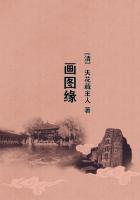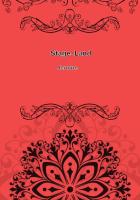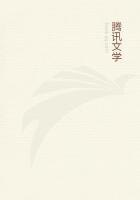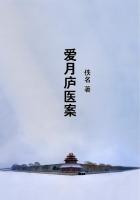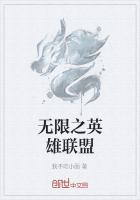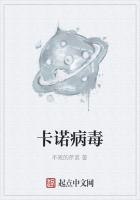Represent the reason of the law to ourselves by what physical metaphor or analogy we will, however, the great matter is to apprehend its existence and the importance of the consequences deducible from it. For things which are like to the same are like to one another; and if; in a great series of generations, every offspring is like its parent, it follows that all the offspring and all the parents must be like one another; and that, given an original parental stock, with the opportunity of undisturbed multiplication, the law in question necessitates the production, in course of time, of an indefinitely large group, the whole of whose members are at once very similar and are blood relations, having descended from the same parent, or pair of parents. The proof that all the members of any given group of animals, or plants, had thus descended, would be ordinarily considered sufficient to entitle them to the rank of physiological species, for most physiologists consider species to be definable as "the offspring of a single primitive stock."But though it is quite true that all those groups we call species 'may', according to the known laws of reproduction, have descended from a single stock, and though it is very likely they really have done so, yet this conclusion rests on deduction and can hardly hope to establish itself upon a basis of observation. And the primitiveness of the supposed single stock, which, after all, is the essential part of the matter, is not only a hypothesis, but one which has not a shadow of foundation, if by "primitive" be meant "independent of any other living being." A scientific definition, of which an unwarrantable hypothesis forms an essential part, carries its condemnation within itself; but, even supposing such a definition were, in form, tenable, the physiologist who should attempt to apply it in Nature would soon find himself involved in great, if not inextricable, difficulties. As we have said, it is indubitable that offspring 'tend' to resemble the parental organism, but it is equally true that the similarity attained never amounts to identity, either in form or in structure. There is always a certain amount of deviation, not only from the precise characters of a single parent, but when, as in most animals and many plants, the ***es are lodged in distinct individuals, from an exact mean between the two parents. And indeed, on general principles, this slight deviation seems as intelligible as the general similarity, if we reflect how complex the co-operating "bundles of forces" are, and how improbable it is that, in any case, their true resultant shall coincide with any mean between the more obvious characters of the two parents.
Whatever be its cause, however, the co-existence of this tendency to minor variation with the tendency to general similarity, is of vast importance in its bearing on the question of the origin of species.
As a general rule, the extent to which an offspring differs from its parent is slight enough; but, occasionally, the amount of difference is much more strongly marked, and then the divergent offspring receives the name of a Variety. Multitudes, of what there is every reason to believe are such varieties, are known, but the origin of very few has been accurately recorded, and of these we will select two as more especially illustrative of the main features of variation. The first of them is that of the "Ancon," or "Otter" sheep, of which a careful account is given by Colonel David Humphreys, F.R.S., in a letter to Sir Joseph Banks, published in the Philosophical Transactions for 1813. It appears that one Seth Wright, the proprietor of a farm on the banks of the Charles River, in Massachusetts, possessed a flock of fifteen ewes and a ram of the ordinary kind. In the year 1791, one of the ewes presented her owner with a male lamb, differing, for no assignable reason, from its parents by a proportionally long body and short bandy legs, whence it was unable to emulate its relatives in those sportive leaps over the neighbours' fences, in which they were in the habit of indulging, much to the good farmer's vexation.
The second case is that detailed by a no less unexceptionable authority than Reaumur, in his 'Art de faire eclore les Poulets'. A Maltese couple, named Kelleia, whose hands and feet were constructed upon the ordinary human model, had born to them a son, Gratio, who possessed six perfectly movable fingers on each hand, and six toes, not quite so well formed, on each foot. No cause could be assigned for the appearance of this unusual variety of the human species.
Two circumstances are well worthy of remark in both these cases. In each, the variety appears to have arisen in full force, and, as it were, 'per saltum'; a wide and definite difference appearing, at once, between the Ancon ram and the ordinary sheep; between the six-fingered and six-toed Gratio Kelleia and ordinary men. In neither case is it possible to point out any obvious reason for the appearance of the variety. Doubtless there were determining causes for these as for all other phenomena; but they do not appear, and we can be tolerably certain that what are ordinarily understood as changes in physical conditions, as in climate, in food, or the like, did not take place and had nothing to do with the matter. It was no case of what is commonly called adaptation to circumstances; but, to use a conveniently erroneous phrase, the variations arose spontaneously. The fruitless search after final causes leads their pursuers a long way; but even those hardy teleologists, who are ready to break through all the laws of physics in chase of their favourite will-o'-the-wisp, may be puzzled to discover what purpose could be attained by the stunted legs of Seth Wright's ram or the hexadactyle members of Gratio Kelleia.

